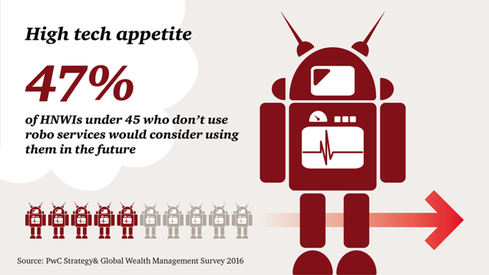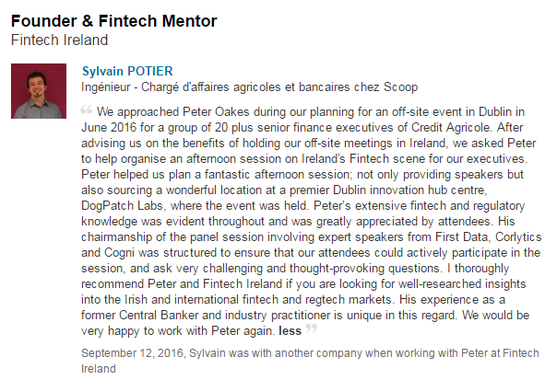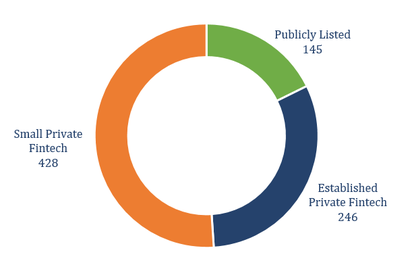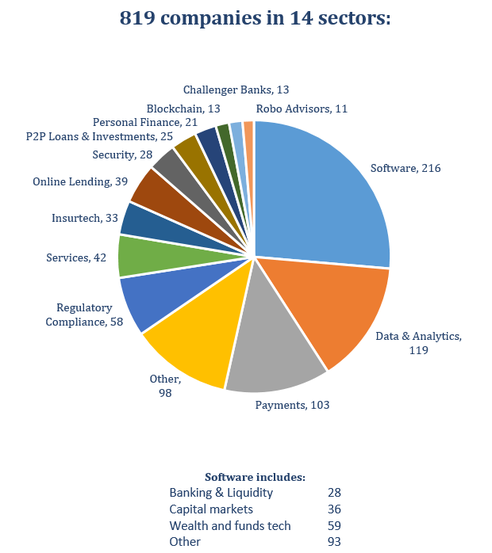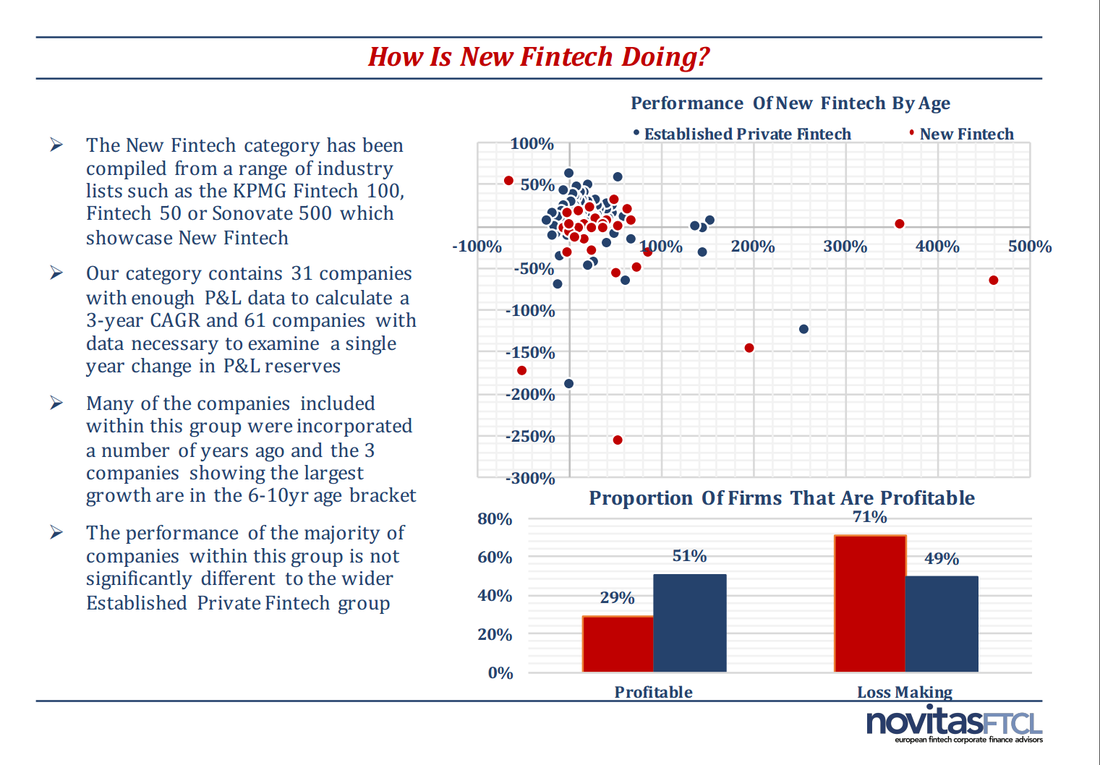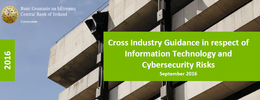
Background to this piece, thanks to Donal O'Donovan, is Irish and international media over the past few weeks reporting claims that Ireland is becoming a victim of 'regulatory arbitrage' and 'dangerous competition' for 'Brexit Spoils'. The Irish Minister for State (Financial Services), Eoghan Murphy has been moved to raise concerns with Valdis Dombrovskis, the EU financial services commissioner. Murphy informed Reuters that “We are hearing from various sources that companies are being offered certain incentives, that they are offering a back door to the single market, without the requirement to have capital to back up their entities in the European Union.” In a sign that there may be more to come, the Financial Times reported that "against the background of the risk to stability in the European financial system. The heads of Esma and EIOPA, two key EU financial regulatory agencies, are believed to have raised similar concerns [to those of Eoghan Murphy] in recent days." [source FT, 14/03/2017 - Irish complain about rivals in Brexit race for London’s business].
This post is also carried at LinkedIN - https://www.linkedin.com/hp/update/6249557917670862848


